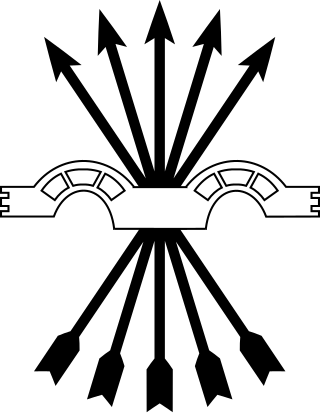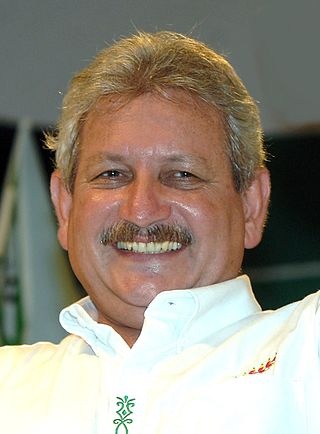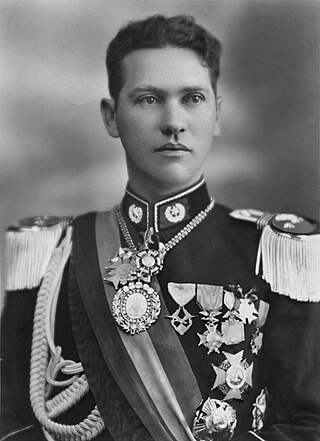
Bolivia, officially the Plurinational State of Bolivia, is a landlocked country located in central South America. It is a country with the largest geographic extension of Amazonian plains and lowlands, mountains and Chaco with a tropical climate, valleys with a warm climate, as well as being part of the Andes of South America and its high plateau areas with cold climates, hills and snow-capped mountains, with a wide biome in each city and region. It is part of the largest swamp in the world between Bolivia and Brazil. It is bordered by Brazil to the north and east, Paraguay to the southeast, Argentina to the south, Chile to the southwest, and Peru to the west. The seat of government is La Paz, which contains the executive, legislative, and electoral branches of government, while the constitutional capital is Sucre, the seat of the judiciary. The largest city and principal industrial center is Santa Cruz de la Sierra, located on the Llanos Orientales, a mostly flat region in the east of the country with a diverse non-Andean culture.

The politics of Bolivia takes place in a framework of a presidential representative democratic republic, whereby the president is head of state, head of government and head of a diverse multi-party system. Executive power is exercised by the government. Legislative power is vested in both the government and the two chambers of parliament. Both the Judiciary and the electoral branch are independent of the executive and the legislature. After the 2014 Bolivian general election, 53.1% of the seats in national parliament were held by women, a higher proportion of women than that of the population.

The president of Bolivia, officially known as the president of the Plurinational State of Bolivia, is head of state and head of government of Bolivia and the captain general of the Armed Forces of Bolivia.

The Falange Española de las Juntas de Ofensiva Nacional Sindicalista was a fascist political party founded in Spain in 1934 as merger of the Falange Española and the Juntas de Ofensiva Nacional-Sindicalista. FE de las JONS, which became the main fascist group during the Second Spanish Republic, ceased to exist as such when, during the Civil War, General Francisco Franco merged it with the Traditionalist Communion in April 1937 to form the similarly named Falange Española Tradicionalista y de las JONS.

Carlos Diego de Mesa Gisbert is a Bolivian historian, journalist, and politician who served as the 63rd president of Bolivia from 2003 to 2005. As an independent politician, he had previously served as the 37th vice president of Bolivia from 2002 to 2003 under Gonzalo Sánchez de Lozada and was the international spokesman for Bolivia's lawsuit against Chile in the International Court of Justice from 2014 to 2018. A member of the Revolutionary Left Front, he has served as leader of Civic Community, the largest opposition parliamentary group in Bolivia, since 2018.

Bolivia elects on national level a head of state – the president – and a legislature. The president and the vice-president are elected for a five-year term by the people. The National Congress has two chambers. The Chamber of Deputies has 130 members, elected for a five-year term using a two vote seat linkage compensatory system and in the case of seven indigenous seats by usos y costumbres. The Chamber of Senators has 36 members: each of the country's nine departments returns four senators allocated proportionally.
Falangism was the political ideology of two political parties in Spain that were known as the Falange, namely first the Falange Española de las Juntas de Ofensiva Nacional Sindicalista and afterwards the Falange Española Tradicionalista y de las Juntas de Ofensiva Nacional Sindicalista. Falangism has a disputed relationship with fascism as some historians consider the Falange to be a fascist movement based on its fascist leanings during the early years, while others focus on its transformation into an authoritarian conservative political movement in Francoist Spain.

Movement for Socialism – Political Instrument for the Sovereignty of the Peoples, is a socialist political party in Bolivia. Its followers are known as Masistas. In the December 2005 election, MAS-IPSP won the first ever majority victory by a single Bolivian party. The party continued to rule until 10 November 2019, and was victorious again in the 2020 elections.
The Political Constitution of Peru is the supreme law of Peru. The current constitution, enacted on 31 December 1993, is Peru's fifth in the 20th century and replaced the 1979 Constitution. The Constitution was drafted by the Democratic Constituent Congress that was convened by President Alberto Fujimori during the Peruvian Constitutional Crisis of 1992 that followed his 1992 dissolution of Congress, was promulgated on 29 December 1993. A Democratic Constitutional Congress (CCD) was elected in 1992, and the final text was approved in a 1993 referendum. The Constitution was primarily created by Fujimori and supporters without the participation of any opposing entities.

The current Constitution of Bolivia came into effect on 7 February 2009 when it was promulgated by President Evo Morales, after being approved in a referendum with 90.24% participation. The referendum was held on 25 January 2009, with the constitution being approved by 61.43% of voters.

Rubén Armando Costas Aguilera is a Bolivian politician and the prefect and then governor of Santa Cruz Department in Bolivia from 2006 to 2021, and also the leader of the Democrat Social Movement (MDS).

The Bolivian Constituent Assembly, convened on August 6, 2006, in Sucre, with the purpose of drafting a new national constitution by December 14, 2007; extended from the original deadline of August 6, 2007. The Assembly approved the new Political Constitution of the State on 9 December 2007. It was put to a national referendum held on 25 January 2009, and went into force on 7 February 2009.

Bolivia has had seventeen constitutions, including the present one, since its foundation in 1825.

The most recent Constituent Assembly of Bolivia was the Constituent Assembly of 2006–07, which drafted a new Constitution which was approved in the Constitutional referendum of 2009.

The 1938 Bolivian National Convention was a meeting of the unicameral Bolivian legislature composed of an elected constituent assembly made up of the Chamber of Senators and Chamber of Deputies. It met in La Paz from 25 May to 30 October 1938 and was charged with rewriting the Constitution of Bolivia. President David Toro had called for the National Convention in 1937, but by the time it was held he had been forced to resign in a coup d'état which brought the young lieutenant colonel Germán Busch to power on 13 July 1937.

General elections were held in Bolivia on 12 October 2014, the second to take place under the country's 2009 constitution, and the first supervised by the Plurinational Electoral Organ, a newly created fourth branch of government. Incumbent President Evo Morales was re-elected for a third term.

The Social Democratic Movement, often shortened to just the Democrats, is a right-wing political party in Bolivia founded in 2013 for the movement for greater autonomy for the eastern departments of the Media Luna.
José Luis Rodríguez Jiménez is a Spanish historian, considered an expert in the history of right-wing extremism in Spain.

Germán Busch assumed office as the 36th President of Bolivia on 13 July 1937, and his term was cut short by his death on 23 August 1939. A young military officer during the Chaco War, Busch attempted to champion the cause of Military Socialism brought forth by his predecessor David Toro but, unhappy with the results produced by his few reforms, opted to declare himself dictator in April 1939 before committing suicide four months later.









